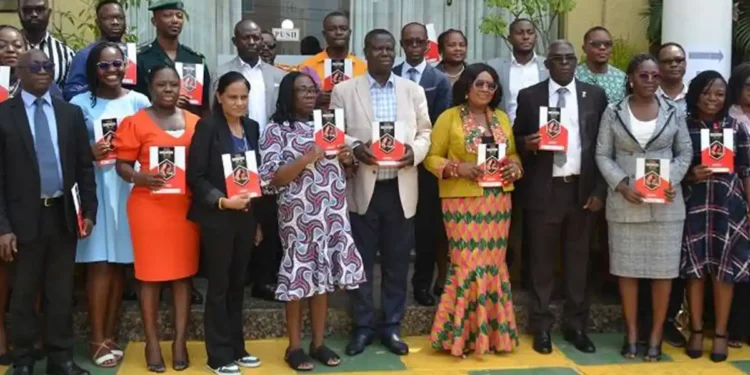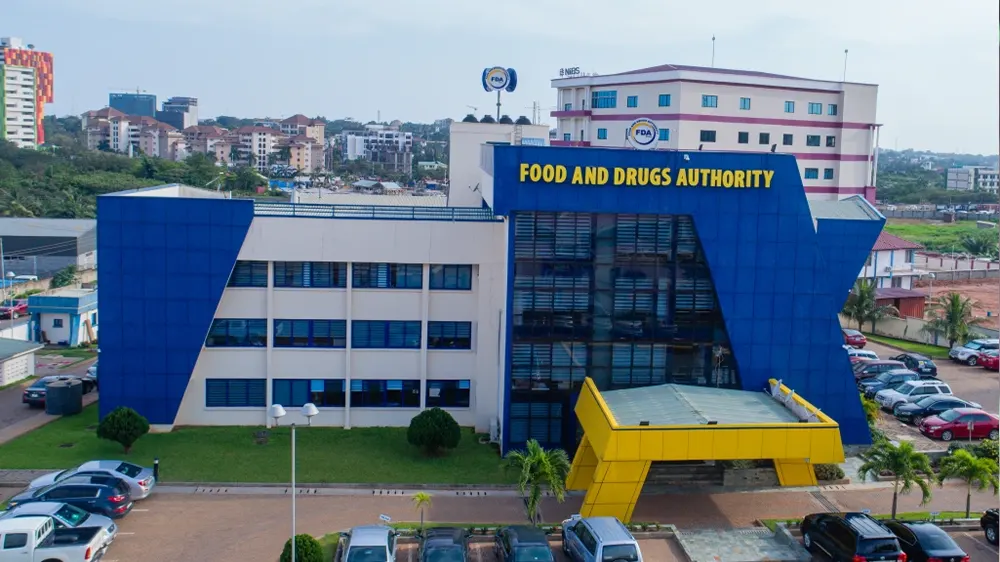In a decisive move to address the illicit trade in tobacco and prioritize the nation's health, Ghana launched the National Tobacco Control Strategy (NTCS) on Tuesday in Accra.
The five-year strategy, with a special emphasis on youth and low-income communities, aims to enhance community engagement and policy implementation in the fight against tobacco use.
The NTCS outlines a comprehensive plan to safeguard present and future generations from the severe health, social, environmental, and economic consequences of tobacco use and exposure.
The launch was preceded by stakeholder training on the Protocol to Eliminate Illicit Trade in Tobacco Products, a framework designed to confront the global challenge of illicit tobacco trade, which undermines health and national development.
Dr Baffour Awuah, Acting Director of the Technical and Coordination Directorate at the Ministry of Health (MOH), emphasized the nation's commitment to a healthier, tobacco-free future.
He highlighted the collaborative efforts behind the strategy, involving various stakeholders, experts, and civil society. Dr. Awuah urged participants in the training to contribute valuable insights to ensure the effective implementation of the strategy.
“The strategy we are launching today is the climax of extensive collaboration, research, and commitment by various stakeholders, experts, and civil society. Its purpose is to guide us in combating the devastating effects of tobacco use, both in terms of health and the economy,” said Dr. Awuah.
Dr Olivia A Boateng, Director of the Tobacco and Substance Abuse Department at the Food and Drugs Authority (FDA), emphasized the global challenge posed by the tobacco menace.
She pointed out that illicit trade in tobacco products worsened the situation, making tobacco more accessible at cheaper prices and undermining Ghana's progress through tobacco control policies.
The training program aligned with Ghana's Protocol to Eliminate Illicit Trade in Tobacco Products seeks to empower relevant stakeholder agencies with a comprehensive understanding of the Protocol, enabling Ghana to effectively combat illicit trade in tobacco.
Dr. Boateng highlighted the adverse health consequences, especially among the youth, associated with illicit trade in tobacco and expressed the importance of addressing this challenge through collective efforts.





















